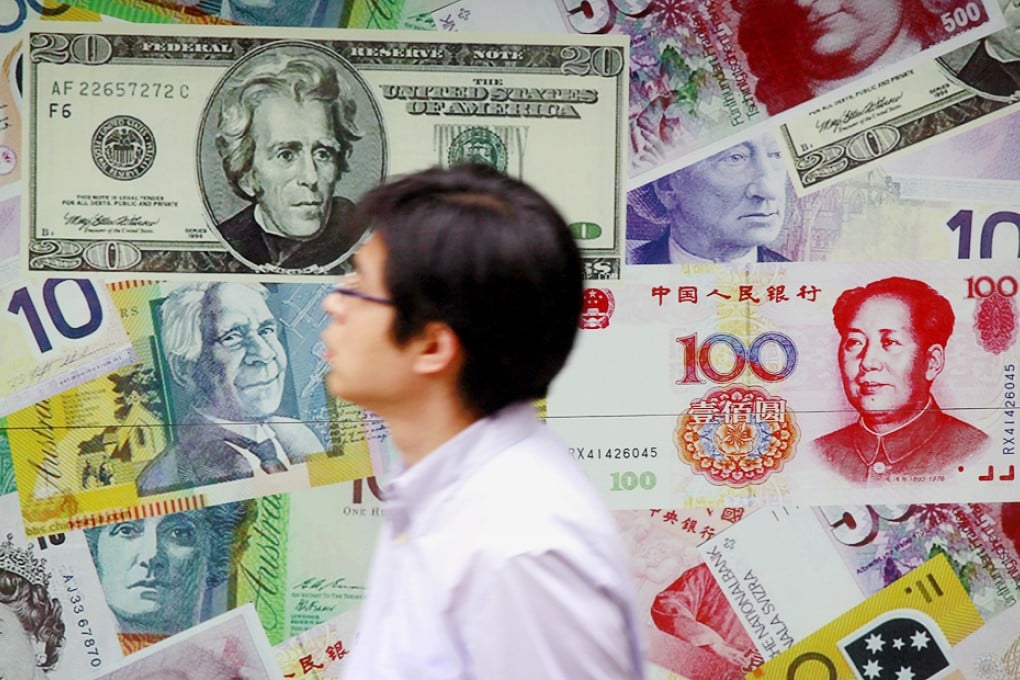How do rich Chinese elude foreign exchange laws to move their money abroad? Take your pick of ways
A number of methods exist to circumvent Chinese restrictions on individual foreign exchange, from the complex to the very simple

Chinese law limits individual citizens to the equivalent of US$50,000 per year in foreign exchange, meaning that anyone who wants to spend more than that overseas must look for alternative ways to move money out.
For example, that amount would be far from enough to successfully acquire a US immigration green card through investment.
The United States, the top destination for Chinese emigrants, requires they invest US$1 million, or at least US$500,000 in a targeted employment area, according to the US Citizenship and Immigration Services.
In 2013, three-quarters of US investment immigration visas were issued to Chinese nationals, with 6,124 Chinese receiving US green cards through the scheme - almost eight times more than in 2010, according to the annual Report on Chinese International Migration 2014, published by the Centre for China and Globalisation. The report says the number of Chinese immigrants reached 9.34 million last year, and China is now the world's fourth-largest source country for migrants.
Besides the Bank of China's Youhuitong service, which has come under scrutiny after state media alleged it may be breaking foreign exchange laws, the following seven methods are used to transfer money overseas.